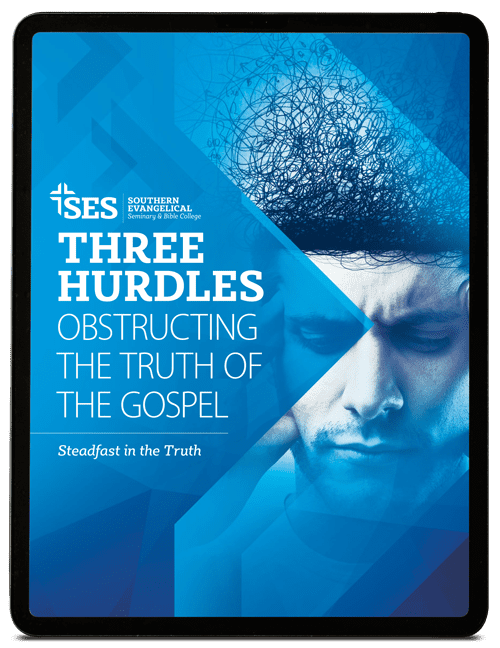I was recently teaching through the end of John Chapter 8 where Jesus is addressing the Jews for not believing His message. What if you or I were in his audience? Would we believe Jesus or think he’s just another cult leader? April 19th, 2023 marked 30 years since the Waco, Texas cult leader David Koresh and his followers, the Branch Davidians, ended a 51 day standoff with federal officials in a tragic fire that killed Koresh and over 70 cult members, many of them children.
A recent documentary on Koresh and his followers showed, remarkably, that several of the surviving cult members would return to Koresh and their religious compound today if they had the chance. They were and are completely devoted to a manipulative madman. So, they got me thinking. What sets Jesus apart from someone like David Koresh? Jesus claimed very similar things. He claimed to speak for God. He called followers to leave their ordinary lives.
Many have died because of their commitment to Jesus. So, what makes Jesus different than Koresh and other cult leaders? How do we know Jesus told the truth? Just putting ourselves in the first century audience of Jesus, he’s making these claims to hear from God, to speak for God, to have the authority of God. How do we know He wasn’t just another cult leader claiming to have a message from God?
What’s different?
Well, if we’re a First Century Jew or around him and witnessing what he was doing and saying, we would want to see what is he saying in connection to what the Jews would call the Tanakh, or the Old Testament. Is he saying things that are contradictory with or consistent with what we would call the Old Testament, number one? And what are the claims he is making?
And then beyond that, how does he substantiate them? There are a lot of claims made by cultists about how “this” will happen by “this year.” “I will do this. It will happen.” They don’t happen. Jesus not only claims certain things like to be the Messiah and to be God in the flesh, but He demonstrated those claims by living a sinless life, by fulfilling prophecies from the Old Testament and ultimately doing a lot of miracles, which would include the prediction and fulfillment of his own resurrection.
So essentially, as Dr. Geisler, our co-founder, would say, the miracles confirm the message. God used miracles to confirm what he was saying, culminating in the resurrection.
Sometimes cultists or leaders or even just Christians who are teaching bad things will claim to have miracles. So simply claiming miracles is not enough. You’ve got to discern out what is true or what is deception. We must investigate those miracle claims and if they actually happened, if they correspond to reality, then we have reason to believe that those claims are authoritative.
While teaching this Sunday school class I appealed to a passage in Mark with the friends lowering down the paralytic through the roof when Jesus was teaching, and Jesus says, “Your sins are forgiven.” And of course, the leader said, “Nobody can forgive sins but God.” So, he did a miracle. He said, “Pick up your mat and walk” to give them something they could see, and then says, “… so that you may know that I have authority. I say to you, get up and pick up your mat and walk.” He did a miracle to confirm the message. That’s a very important thing to keep in mind here.
Listen to the full episode “What’s the Difference Between Jesus and a Cult Leader?” with Adam Tucker and Dr. Brian Huffling here.






